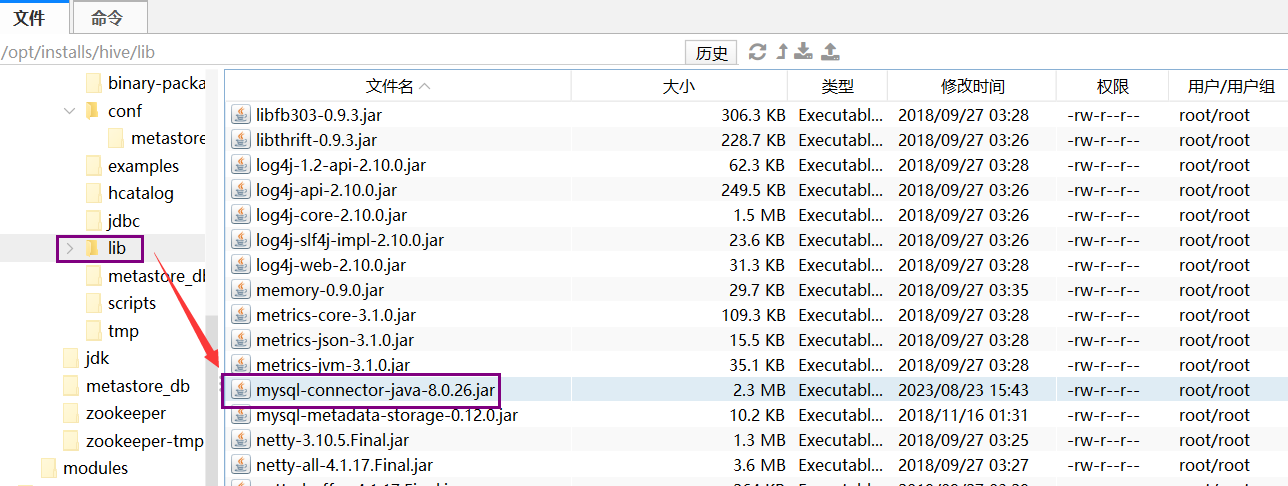实现对对象的克隆
移动构造(移动语义实现的):通过移动语义实现移动构造,旧对象的资源的拥有权转移给新对象
拷贝构造 :通过旧对象初始化新对象,可能会存在浅拷贝和深拷贝的问题
赋值运算符:把一个对象的属性赋值给另一个对象,实现对前一个对象的拷贝
自定义一个clone方法:对于基类和派生类的层次结构,定义一个虚函数 clone(),在派生类中重写该函数,以确保多态克隆。
#include <iostream>
#include <string>
class Base {
public:
virtual ~Base() {}
virtual Base* clone() const = 0;
virtual void display() const = 0;
};
class Derived : public Base {
private:
int value;
std::string name;
public:
Derived(int v = 0, const std::string& n = "") : value(v), name(n) {}
// 实现克隆方法
Base* clone() const override {
return new Derived(*this);
}
void display() const override {
std::cout << "Value: " << value << ", Name: " << name << std::endl;
}
};
int main() {
Derived obj1(42, "Derived Object");
std::cout << "Original object: ";
obj1.display();
// 使用 clone 方法进行克隆
Base* obj2 = obj1.clone();
std::cout << "Cloned object: ";
obj2->display();
delete obj2;
return 0;
}使用模板和完美转发:使用模板函数进行克隆,通过完美转发将参数传递给对象的构造函数,实现通用的克隆机制。
完美转发:在 C++ 中,完美转发(Perfect Forwarding)是一种将参数以其原始的类型和值类别(左值或右值)传递给另一个函数的技术。它主要使用 std::forward 函数模板和转发引用(也称为万能引用,Forwarding Reference)来实现。
#include <iostream>
#include <utility>
template <typename T, typename... Args>
T* clone(Args&&... args) {
return new T(std::forward<Args>(args)...);
}
class SimpleClass {
private:
int value;
public:
SimpleClass(int v = 0) : value(v) {}
void display() const {
std::cout << "Value: " << value << std::endl;
}
};
int main() {
SimpleClass obj1(10);
std::cout << "Original object: ";
obj1.display();
// 使用模板函数进行克隆
SimpleClass* obj2 = clone<SimpleClass>(obj1);
std::cout << "Cloned object: ";
obj2->display();
delete obj2;
return 0;
}如何实现单例模式?
懒汉式(线程不安全)
#include <iostream>
class Singleton {
private:
static Singleton* instance;
Singleton() {} // 构造函数私有,防止外部实例化
public:
static Singleton* getInstance() {
if (instance == nullptr) {
instance = new Singleton();
}
return instance;
}
void display() const {
std::cout << "This is a singleton instance." << std::endl;
}
};
Singleton* Singleton::instance = nullptr;
int main() {
Singleton* s1 = Singleton::getInstance();
Singleton* s2 = Singleton::getInstance();
s1->display();
s2->display();
// 注意:没有释放内存,可能导致内存泄漏
return 0;
}懒汉式(线程安全,使用互斥锁)
#include <iostream>
#include <mutex>
class Singleton {
private:
static Singleton* instance;
static std::mutex mtx;
Singleton() {} // 构造函数私有,防止外部实例化
public:
static Singleton* getInstance() {
std::lock_guard<std::mutex> lock(mtx);
if (instance == nullptr) {
instance = new Singleton();
}
return instance;
}
void display() const {
std::cout << "This is a singleton instance." << std::endl;
}
};
Singleton* Singleton::instance = nullptr;
std::mutex Singleton::mtx;
int main() {
Singleton* s1 = Singleton::getInstance();
Singleton* s2 = Singleton::getInstance();
s1->display();
s2->display();
// 注意:没有释放内存,可能导致内存泄漏
return 0;
}饿汉式
#include <iostream>
class Singleton {
private:
static Singleton* instance;
Singleton() {} // 构造函数私有,防止外部实例化
public:
static Singleton* getInstance() {
return instance;
}
void display() const {
std::cout << "This is a singleton instance." << std::endl;
}
};
Singleton* Singleton::instance = new Singleton();
int main() {
Singleton* s1 = Singleton::getInstance();
Singleton* s2 = Singleton::getInstance();
s1->display();
s2->display();
// 注意:没有释放内存,可能导致内存泄漏
return 0;
}Meyers' Singleton (C++11 及以后)
#include <iostream>
class Singleton {
private:
Singleton() {} // 构造函数私有,防止外部实例化
public:
static Singleton& getInstance() {
static Singleton instance;
return instance;
}
void display() const {
std::cout << "This is a singleton instance." << std::endl;
}
};
int main() {
Singleton& s1 = Singleton::getInstance();
Singleton& s2 = Singleton::getInstance();
s1.display();
s2.display();
return 0;
}


















